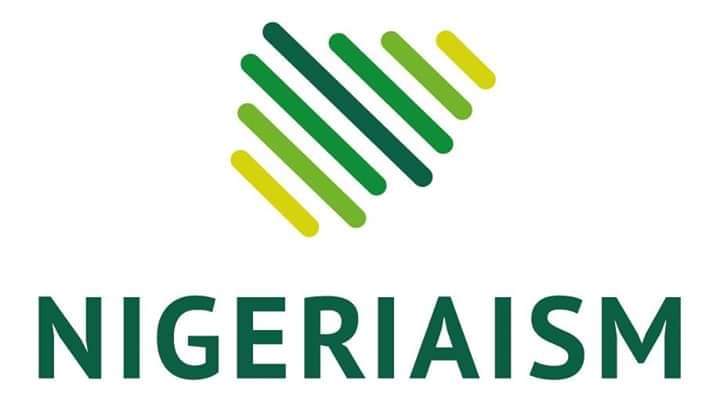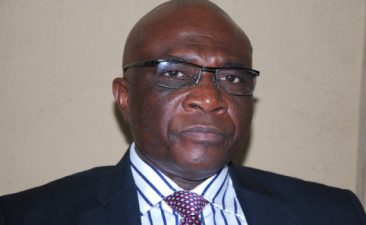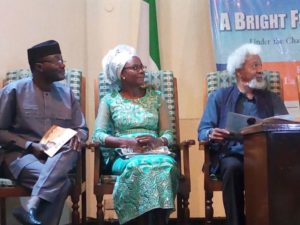A video circulating on social media shows one of the Nigerian participants at this year’s ‘Miss Africa Russia’ pageant in Moscow appearing on stage with a blood-stained Nigerian flag. She was making a political statement.
In the past, it was deemed inappropriate to make political statements at beauty pageants, but It has become fashionable to do so. At the 2020 Miss Universe pageant, Miss Singapore wore a dress that carried the message ‘Stop Asian Hate’; Miss Myanmar carried a scroll with the message ‘Pray for Myanmar’; Miss Uruguay wore an outfit that supported her country’s gay community.
Some Nigerians have hailed this participant as ‘courageous’ and ‘patriotic’. I do not at all question her patriotism, and I am always delighted to see young Nigerians manifest political consciousness, but I feel it could have been expressed in a different and more appropriate way. As a ‘representative’ of your country, you are in an ambassadorial role. This carries responsibilities, one of which is to showcase the best of your country, and to do so in a mature manner.
The national flag is a symbol of the country and its sovereignty. The flag symbolises not the government of the day but the land and its peoples. It is important that we make that distinction. You impugn our sovereignty when you deliberately stain the flag. Patriotism calls for the utmost respect for national emblems – the flag and anthem.
If we support the idea of a beauty pageant contestant flying a blood-stained national flag, would we also support our athletes to carry blood-stained Green-White-Green at the forthcoming Olympic Games? Where do we draw the line?
By section 7 of the Flags and Coat of Arms Act (Chapter 148, Laws of the Federation of Nigeria 1990), it is an offence to exhibit a defaced National Flag. Other countries have similar legislation. For example, the Prevention of Insults to National Honour Act 1971 prohibits the desecration of or insult to India’s National Flag and other national symbols. Article 19 of China’s National Flag Law stipulates penalties for whoever publicly mutilates, scrawls on or defiles the National Flag of the People’s Republic of China. Section 2B of Kenya’s National Flag, Emblems and Names Act makes it a punishable offence for anyone to show disrespect to the National Flag or other national emblem.
I do not subscribe to the view that Nigeria’s problems can be resolved by washing our linen in the international arena. Other countries have their own issues to grapple with. The solutions to Nigeria’s problems lie in the hands of Nigerians. And, particularly but not exclusively, those at home not in the diaspora. Nigeria and Nigerians (as a people) already have a bad image internationally (experienced by many who travel with our green passport) and we should not propel the negative narratives.
The last place that I would want to publicly decry Nigeria’s human rights issues, symbolically or otherwise, is Russia, a country with a worse human rights record. Russia has its own ‘Biafra’ – the Chechen Republic (Chechnya). Extrajudicial kills have been reported there and elsewhere. Russia has annexed Crimea and currently occupies about 7% of Ukraine, a sovereign state. During the Nigerian civil war, Russia supplied MiG jet fighter-bombers that bombed and strafed civilians in the then Biafra (I witnessed it). I am not anti-Russia; all I’m saying is that it’s the last place where I would be publicly lamenting human rights concerns in Nigeria.
I love Nigeria. I am not satisfied with the state of the country. I continually cry out for good governance. I envision strong, purposeful, inclusive and progressive leadership. I believe absolutely in ‘unity in diversity’. But I do not accept that washing our linen in the international community is the way to pursue these cherished objectives.
Leroy C Edozien
Ubili-Ka-Nkwu Ahaba




